SUMMARY
This is AI generated summarization, which may have errors. For context, always refer to the full article.
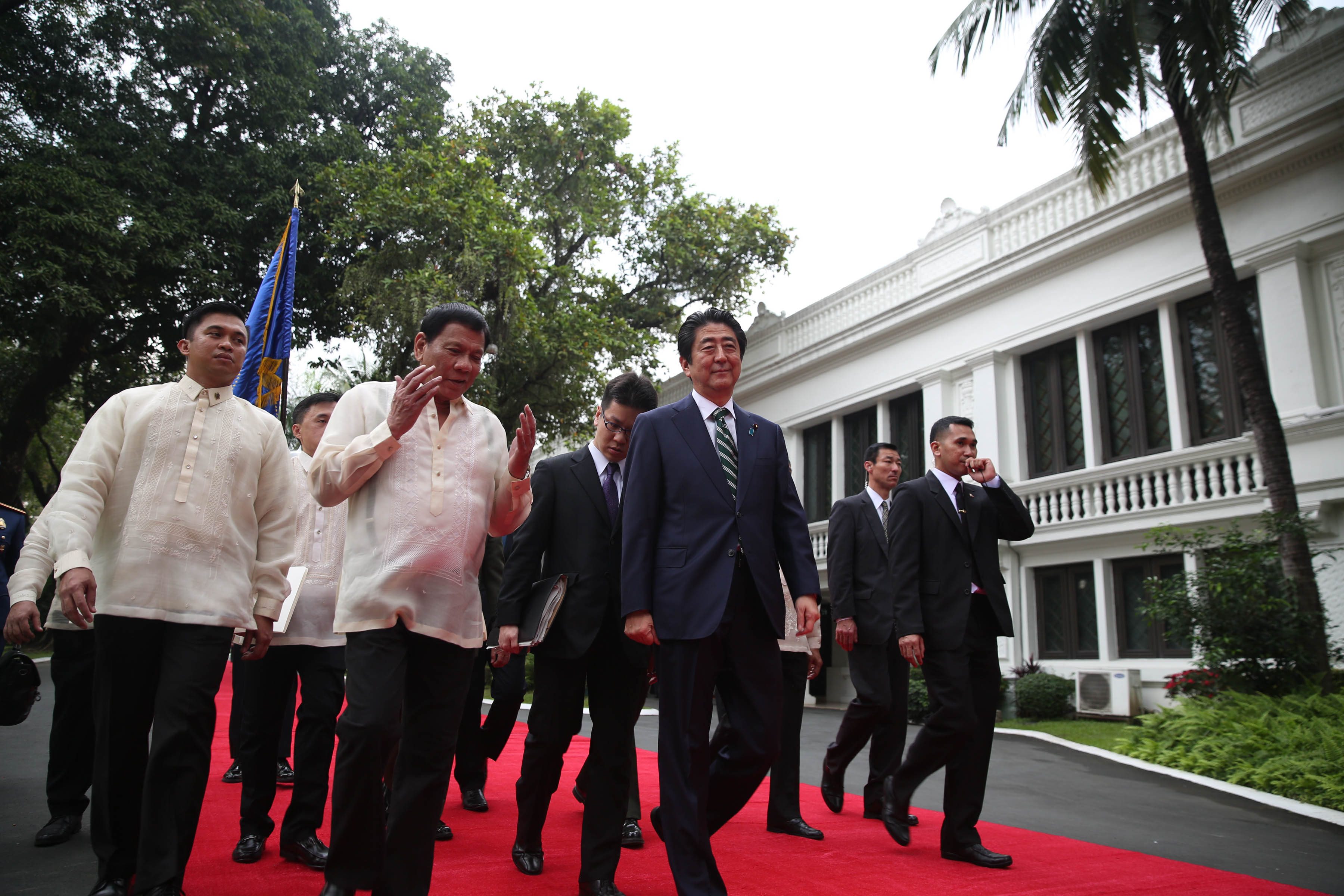
The Philippines heaped praises on Japanese Prime Minister Shinzo Abe, who announced his resignation due to health reasons on Friday, August 28.
“Japan’s greatest post-war PM,” the Philippines’ top diplomat, Foreign Secretary Teodoro Locsin Jr, said in tweet on Friday.
“I hope he gets well,” Locsin also said.
The Philippine official recalled how Abe and Philippine President Rodrigo Duterte had interacted in the past.
“Watching President Duterte and PM Abe talking was like watching two old friends, no holds barred, talking frankly and freely of the true lay of the land and what can and cannot be done,” he said.
Abe, 65, has been Japan’s prime minister for nearly 8 years. His bombshell announcement came just 4 days after he broke the record for the longest uninterrupted stint in office in Japanese history.
In a press conference on Friday, Abe said he suffered a relapse of ulcerative colitis, a bowel disease that caused him to step down during his first term in office.
Bowing deeply, Abe apologized for his second resignation and for leaving his post amid the coronavirus pandemic.
“Now that I am not able to fulfill the mandate from the people with confidence, I have decided that I should no longer occupy the position of the prime minister,” Abe said.
“I would like to sincerely apologize to the people of Japan for leaving my post with one year left in my term of office, and amid the coronavirus woes, while various policies are still in the process of being implemented,” he added.
Close ties, valued partner
During his tenure, Abe was the first head of state to visit the Philippines under the Duterte administration. The Japanese leader’s visit laid the foundation for close ties between Duterte and Abe, who even visited the Chief Executive’s home in Davao City.
During his presidency, Duterte has visited Japan twice so far, calling the country the Philippines’ “true friend,” partly for its assistance in addressing security threats.
Locsin had also often hailed Japan as a forthright partner, describing the Japanese government’s generosity as “unconditional” and whose motivations were “honestly to help the Philippines.”
Naval War College professor and Southeast Asian specialist Zachary Abuza said Abe’s resignation would be felt across the region.
“Under his leadership, Japan stepped up defense cooperation, allowed for transfer of coast guard ships to qualify as ODA (official development assistance), and increased JSDF training with regional forces,” Abuza tweeted.
Abe is expected to stay in office until his ruling Liberal Democratic Party chooses a successor, in an election likely to take place among the party’s lawmakers and members.
There is no clear consensus on who will succeed him. The likely candidates include Finance Minister Taro Aso and Chief Cabinet Cecretary Yoshihide Suga. – with reports from Agence France-Presse/Rappler.com
Add a comment
How does this make you feel?

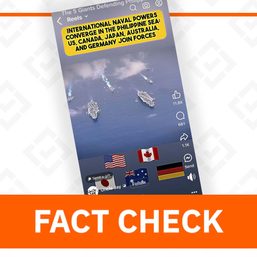
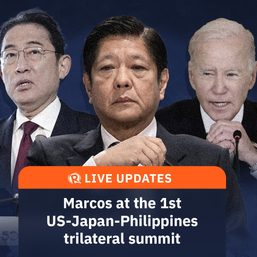
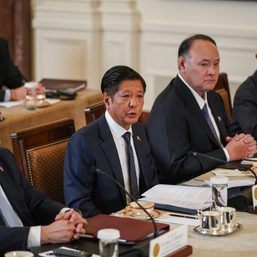
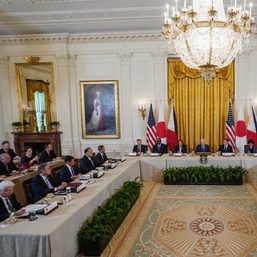
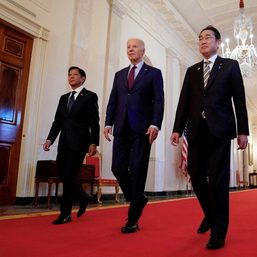
There are no comments yet. Add your comment to start the conversation.